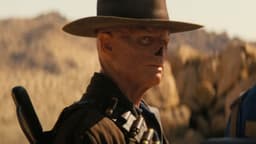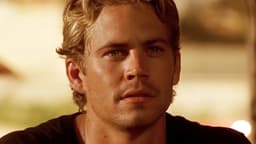Home / Arts and Entertainment / Filmmaker's Fiery Quest: Bringing Paradise Inferno to Life on Screen
Filmmaker's Fiery Quest: Bringing Paradise Inferno to Life on Screen
4 Oct, 2025
Summary
- Director Paul Greengrass' journey to recreate the 2018 Camp Fire in "The Lost Bus"
- Greengrass initially explored using virtual LED stages, but ultimately opted for real-world filming
- Meticulous efforts to capture the unpredictable behavior of fire and smoke for authenticity

In 2025, acclaimed director Paul Greengrass is set to release his latest film, "The Lost Bus," which aims to recreate the devastating 2018 Camp Fire that engulfed Paradise, California. Greengrass, known for his realistic approach to crisis situations in films like "United 93" and "Captain Phillips," initially wanted to use the latest technology to bring the wildfire to life on screen.
However, Greengrass' journey to achieve this goal was filled with unexpected twists and turns. He was initially drawn to the immersive concert experience at U2's "The Sphere" in Las Vegas, which utilized a massive LED display to transport the audience to the desert. Inspired by this, Greengrass and his team explored the use of virtual LED stages, similar to those pioneered for the Star Wars series "The Mandalorian."
But for a director who built his career on documentaries, Greengrass ultimately could not reconcile his "soul as a filmmaker" with the lack of real-world elements. Instead, the production team found an abandoned campus in Santa Fe, New Mexico, which provided the perfect setting for their controlled, yet authentic, recreation of the Camp Fire.
Greengrass and his crew meticulously planned the shoot, lighting controlled fires and capturing the unpredictable behavior of the flames and smoke. They shot the bulk of the film during the "magic hour" at the end of the day, when the light and smoke created a unique and eerie atmosphere. This approach allowed the director to achieve the emotional intensity he sought, with the cast and crew experiencing the action in a single, continuous take.
The result is a film that promises to transport audiences to the heart of the Paradise inferno, blending real-world elements with cutting-edge visual effects to create a visceral and immersive cinematic experience.




